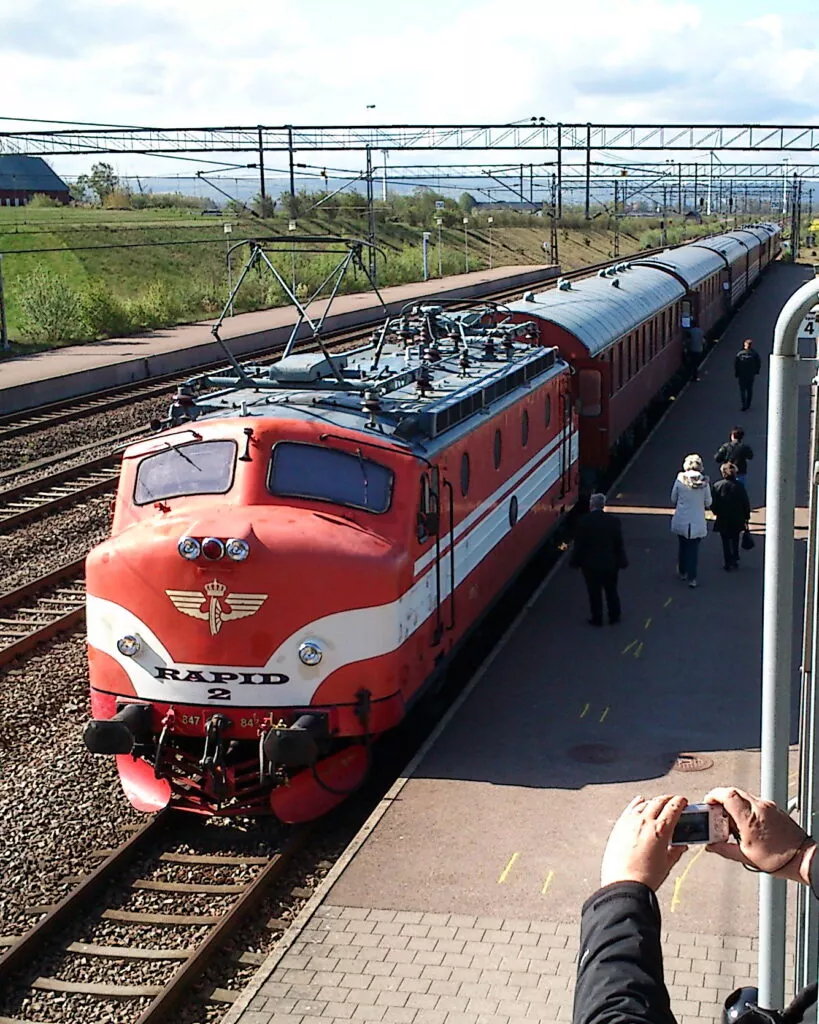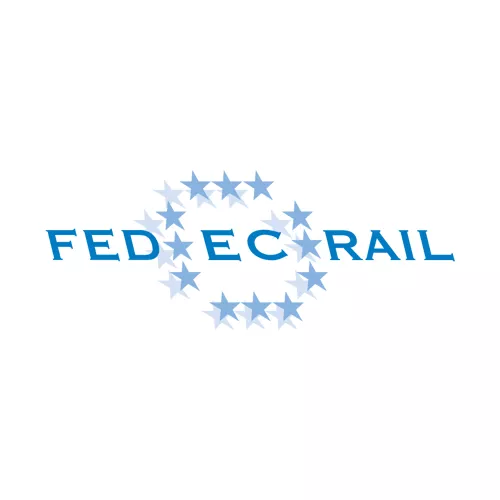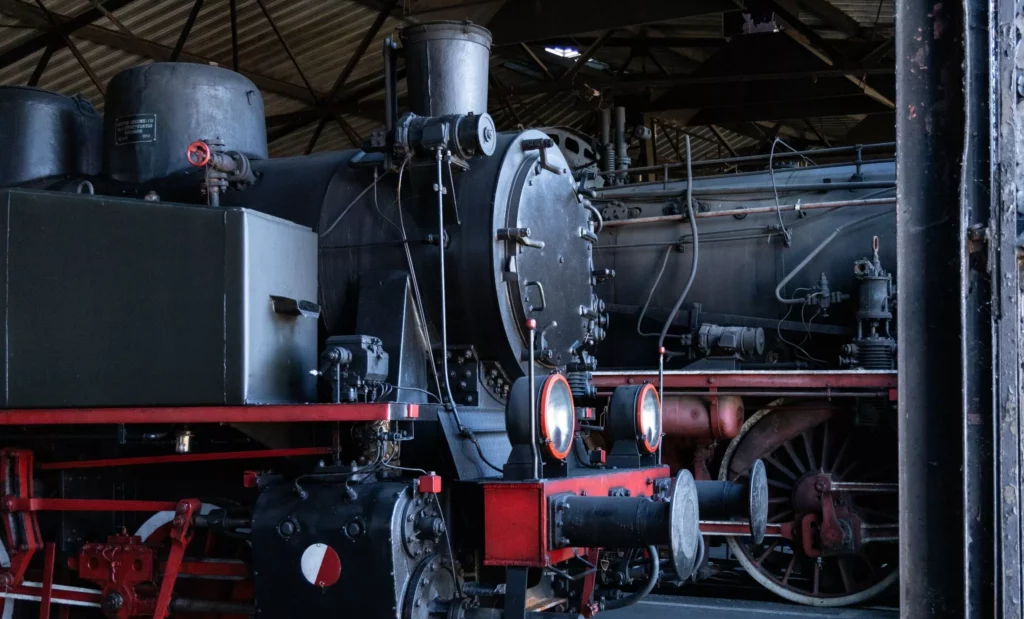Many of us have had the privilege of seeing steam locomotives in regular service: some in the golden years of steam traction, some in the later years of local trains, and this depending on the country we belong to where the end of services were at different times (from the 1960s to the 1970s and 1980s).
We don’t mind but our passion stems from this and probably the interest in steam is because it is part of our lived life. This makes us also look with interest at other types of traction but undoubtedly steam fascinates us the most.
In reality, each type of traction is characteristic of a historical period and is itself part of the evolution of the railway, just as the different generations of ours retain a memory of the railway linked to their lives.
This is what emerged during the webinar with young people whose main topic was “Fossil fuels and the future of tourist railways”. A number of young volunteers (from Germany, Spain, and the UK) joined the meeting on 29 June organised by the Youth Group to discuss various aspects of the use of fossil fuels, the impact on the environment, and their vision of the future of rail preservation. What was perceived is that the new generations have a much broader approach because they have all types of traction in front of them, and this will enable them to make more rational conservation choices that are closely linked to the historical and engineering importance of the different means without relying on personal aspects. As far as the use of alternative fuels is concerned, the use of other types is tolerated, always considering an attitude of all-round respect for the environment, not only in terms of atmospheric emissions, but also in the organisation of the external workspaces of workshops and depots.
It was a first pleasant exchange of views that should encourage us to give full confidence to the new generations that have an important role as ‘hinge’ in this time of ecological transition without losing the high cultural content of our heritage.
For all young volunteers wishing to participate in future web-based discussions, please send an email [email protected] .
Pierluigi Scoizzato






